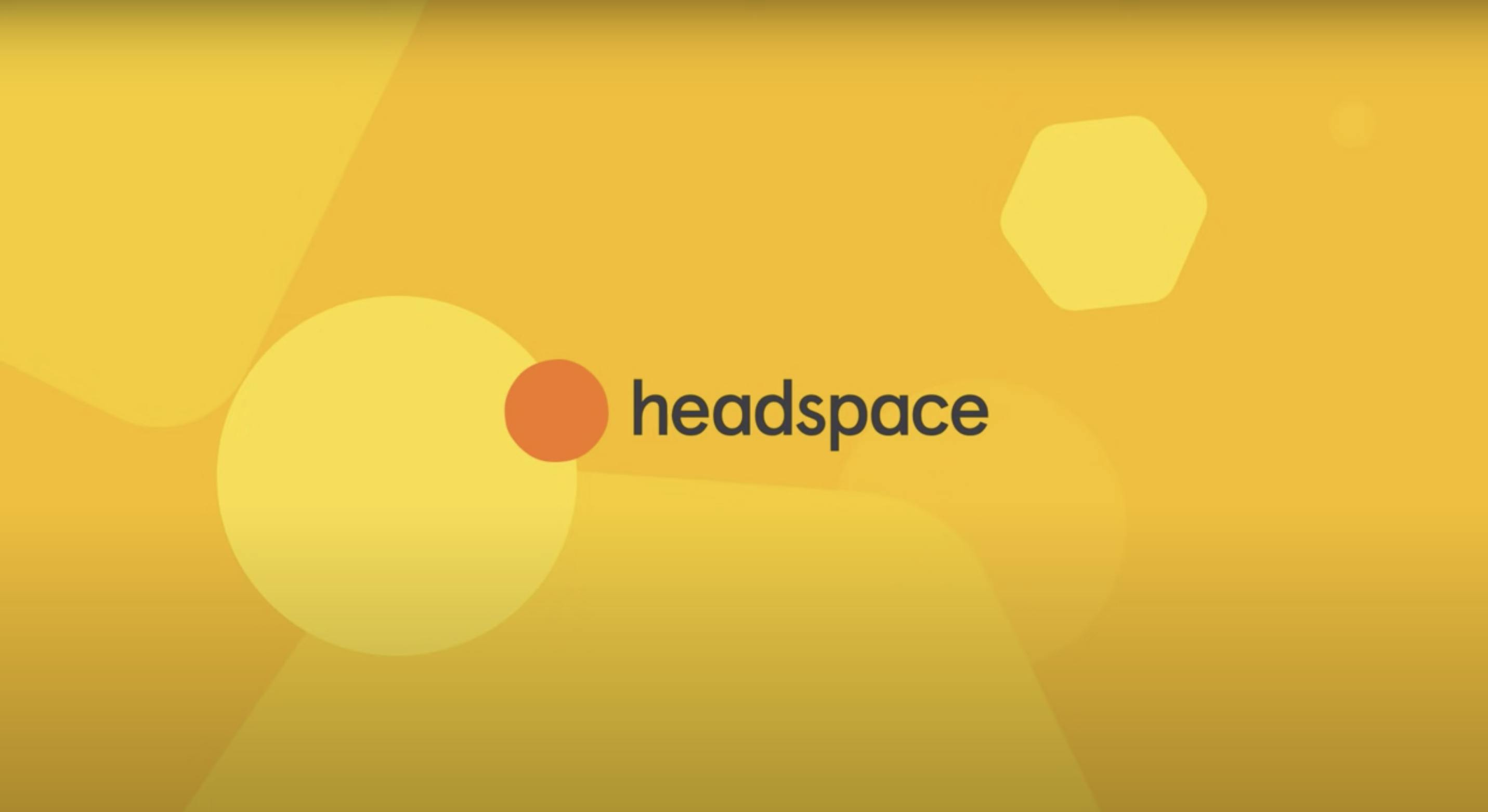Feeling sick? How to avoid presenteeism in the workplace
It’s a natural part of the human condition to experience “off days” every now and again, be it for physical, mental, or emotional reasons. But in our current work culture, taking time off when we’re unwell doesn’t always feel doable — even if we’re lucky enough to have paid sick days. Ever continue to trudge on at work while feeling out of it? Most of us will likely answer "yes", because presenteeism is a tricky thing to avoid.
The presenteeism definition is simple: it describes the issue of being at work physically, but not fully functioning in a role due to an illness. The health issue may be physical, such as a head cold or a migraine, or it may also be something mental or emotional, such as depression, anxiety, or grief.
In any case, there’s an inextricable link between presenteeism and productivity loss. While much of the discussion surrounding the issue thus far has focused on how it affects business, it’s equally important to consider how presenteeism directly affects workers’ well-being — and what we can do to avoid putting the pressure of being productivite over our health.

What is presenteeism in the workplace?
Key takeaways:
-
Presenteeism damages worker well-being and workplace productivity
-
Companies and the self-employed can prepare to take the pressure off presenteeism
-
Headspace has meditations that can help to prevent presenteeism
Presenteeism vs. absenteeism and other productivity issues
Though often grouped together, presenteeism and absenteeism are 2 very different workplace issues. Presenteeism involves being unwell in some way but still showing up, whereas absenteeism is defined by physically being absent from the workplace, be it because of an illness or another personal issue.
In our current “work harder not smarter” society, absenteeism is often thought to be more damaging to productivity. In reality, that’s not the case: a 2019 survey comparing the 2 workplace issues found the cost of presenteeism on productivity to actually be 12 times higher.
Stephen Bevan, head of human resources research development at the UK’s Institute for Employment Studies, says: “There’s so much emphasis on being seen, rather than your output as a proxy for how committed you are to the organization. It affects the quality of service to customers and how helpful employees are to their colleagues.”
It can also be difficult to distinguish presenteeism from the increasingly common workplace phenomenon known as burnout. Try looking at it this way: burnout, a state of emotional, physical, and mental exhaustion from work, can be a condition that brings presenteeism into the office. But presenteeism doesn’t necessarily imply that the worker is always burned out.
That being said, presenteeism from burnout specifically is at an all-time high in 2020 and 2021 as many struggle to adapt to the work-from-home lifestyle that the COVID-19 pandemic abruptly created. Research found that more than a third of workers continued to work while unwell during the COVID-19 enforced lockdown.
Almost half of those working from home during that period said they felt “pressure” to be present — via phone, email, and other digital platforms — while 16% stated redundancy fears were the reason for working through sickness.
The productivity expectations companies set can, somewhat ironically, cause a high amount of presenteeism in the workplace. However, they’re also what can help curb it.
How companies can help to prevent presenteeism
Ultimately, the culture a workplace creates tends to make the biggest impact on long-term productivity issues like presenteeism. Research around the topic continues to prove that offering some sort of support for employees’ physical and mental health is not only the ethical thing to do, but also something that will benefit a business’ bottom line.
A company that’s actively working to prevent presenteeism in a healthy way may offer wellness benefits like a gym stipend and free mental health resources. Or perhaps, a company may choose to embrace a flexible work schedule, an increasingly popular work model which has been shown to result in up to a 13-percent increase in productivity.
Sometimes though, a company-wide effort to prevent presenteeism can be as simple as implementing a clear sick day policy and actively encouraging employees to take those days as needed.
While top-level solutions like these are likely to make the biggest impact on presenteeism, they're admittedly all in the hands of an employer — and assume we all have a formal employer in the first place. As the self-employed, part-time, and gig-based workforce continues to grow, so do the number of people without access to traditional benefits and paid sick days. In these cases, presenteeism is something we may need to navigate personally.
Try a free meditation to reset and decompress the body and mind

Reset: Decompress Your Body and Mind
10 minutes
Handling presenteeism in a non-traditional workplace
When a paid sick day simply isn’t something that’s available, our best chance of preventing presenteeism may be to focus on long-term health and lifestyle solutions.
Business owners might plan ahead for days when they feel under the weather. For example, creating a business plan and budget that accounts for 50 weeks of work as opposed to 52, allotting themselves 2 weeks’ worth of personal days per year. If possible, they may even think about creating and funding their own PTO package by setting aside a designated portion of their earnings to cover sick days. Keeping these funds separate can help it to feel disconnected from a savings or checking account — it’s money set aside for the specific purpose of being sick.
Meditation to help avoid presenteeism
Preventing presenteeism may come down to doing what we can to stay as healthy as possible. Regular physical exercise can certainly help to improve overall health — studies show that working out has measurable benefits on the immune system. It’s also important to take time to care for our mental well-being. Science has proven time and time again that nurturing the mind can lead to a laundry list of physiological benefits.
The National Center for Complementary and Integrative Health states that a mindfulness practice like meditation may help to reduce blood pressure, menopausal symptoms, and chronic pain. Meditation can also have measurable effects on stress levels, which is known to trigger or worsen a host of health issues, such as headaches or stomach-related troubles, to name a few. In fact, a published 2018 study found that people who used Headspace experienced an 11% decrease in stress after 10 days and a 32% decrease after 30 days.
As we become more experienced in meditation over time, we’ll also learn how to train the mind to be fully present in the tasks we engage in throughout the day. This also means we’ll gain more awareness around any moments when that is actively not happening (aka when we might take part in presenteeism). As we become better at understanding when this happens, we may also learn how to recognize any internal storylines or fears motivating that behavior and eventually take the time we need to pause and recover without guilt or worry.
If you’re new to meditation, Headspace co-founder and former Buddhist monk Andy Puddicombe generally recommends making a 10-minute meditation part of your daily morning routine. If that doesn’t feel doable, you might begin by carving out a quick 180 seconds anytime during your day to do a 3-minute guided meditation. Starting small with a short meditation can still place you on the path to long-term health benefits.
How meditations in the Headspace app can help with presenteeism
Looking for more meditations to help avoid presenteeism? The Headspace app offers subscribers meditations for better work-life balance, like the Under the Weather meditation that teaches us to take a step back, let go, and recharge.
Plus, there's a Managing work stress collection where subscribers can access exercises designed to make work happier, from coping with everyday anxious feelings to finding focus, including:
Quick stress relievers:
- Morning Pause meditation. Release stress before diving into your day.
- Afternoon Refresh meditation. Take a moment to reset, stretch, and release tension.
- Work Crisis SOS meditation. Press pause on overwhelming feelings.
- End of Day meditation. Find a place of rest in both body and mind.
Getting through a busy day:
- Breathe meditation. Add a sense of spaciousness to your day.
- Prioritization 10-day course. Get some clarity on what really matters to you.
- Planning advice. Recognize helpful planning and let go of unhelpful planning.
Work from home motivation:
- How to Create WFH Boundaries guidance. How to stop feeling like you're living at work.
- How to Focus While Working from Home guidance. Help your brain focus while working from home.
- Focus meditation. Bring out the innate focus within you.
- Productivity 10-day course. Practice maintaining focus for more efficient days.
Coping with coworkers:
- Emotions at Work guidance. Why emotional intelligence is key to a happy workplace.
- Managing Conflict meditation. Create an environment for productive conversations.
- Patience 10-day course. Learn to recognize impatience and let it go.
Tools for job seekers:
- Confidence After Unemployment meditation. Regain your confidence after losing a job.
- Interviews meditation. Find comfort in the face of anxious feelings.
- Self-esteem 10-day course. Move towards a less judgemental inner life.
Presenteeism is admittedly a monolith of an issue, one that ultimately stems from the standards created by the global workforce. But one way we may be able to help combat it on an individual level is to do our best to take time for yourself whenever possible — be it in the form of a sick day, a mindfulness practice, or a regular workout routine. Caring for the mind and body will always be one of the best ways to boost productivity while also putting your well-being first.


Be kind to your mind
- Access the full library of 500+ meditations on everything from stress, to resilience, to compassion
- Put your mind to bed with sleep sounds, music, and wind-down exercises
- Make mindfulness a part of your daily routine with tension-releasing workouts, relaxing yoga, Focus music playlists, and more

Stay in the loop
Be the first to get updates on our latest content, special offers, and new features.
By signing up, you’re agreeing to receive marketing emails from Headspace. You can unsubscribe at any time. For more details, check out our Privacy Policy.
- © 2026 Headspace Inc.
- Terms & conditions
- Privacy policy
- Consumer Health Data
- Your privacy choices
- CA Privacy Notice



